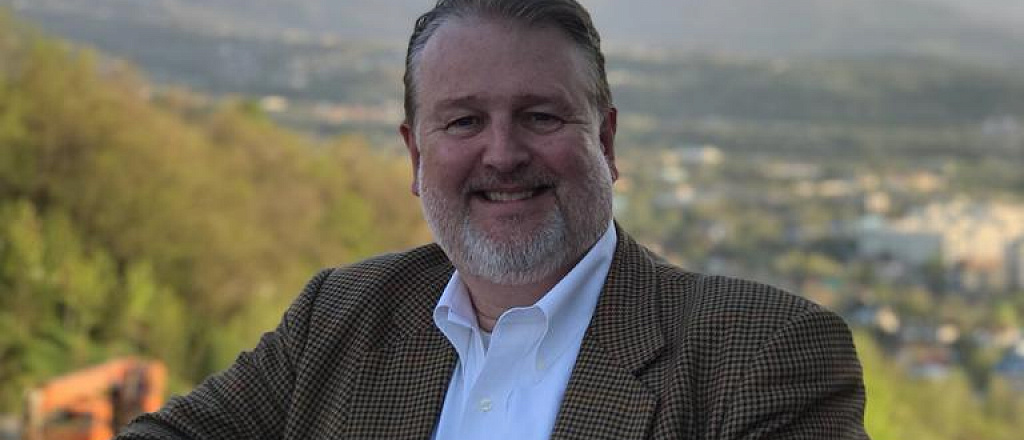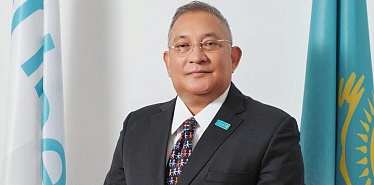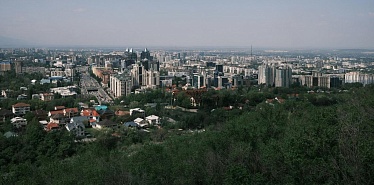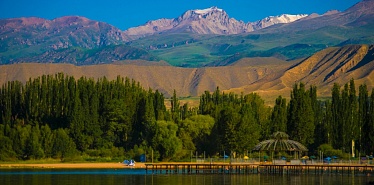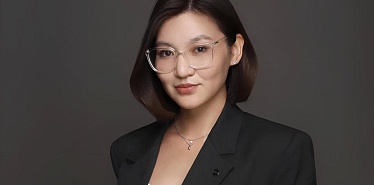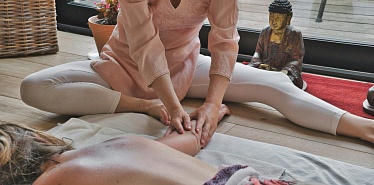Kendrick White is a specialist with extensive experience in technology commercialization. He recently moved to Kazakhstan to help the country build a diversified economy. Read about the first impressions of Almaty in our material.
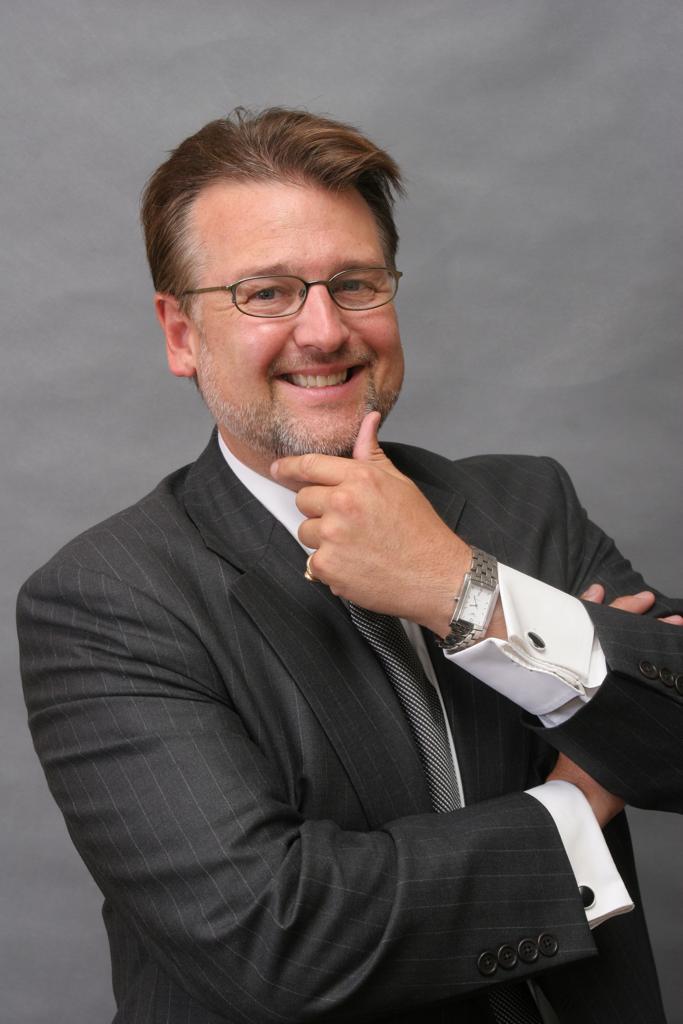
About myself
I was born in Boston, raised in Florida. My father was a real estate investor. Mom was an artist. She studied with a woman from the USSR, who often came to visit us, and brought borscht and art books from the Hermitage. One day my father told me that different economic systems operate in the USA and the USSR. After that, I decided to become an economist in order to understand the reasons for this difference. I studied at Stetson University, participated in the exchange program at the London School of Economics. My graduation work was devoted to the economy of the USSR.
I then worked in Chicago for several years, completing an MBA from Northwestern University. At the same time, I always retained an interest in the Soviet Union. I understood that after its collapse, the countries that were part of it would take many years to come to a market economy. So when that happened, I volunteered and went to Nizhny Novgorod, where I worked as an economist and developed a curriculum for entrepreneurs.
That was in 1992, and since then I have been building a career in Russia as an expert in technology commercialization and venture capital investment. I created one of the first business angel clubs. Developed innovative entrepreneurship, managed the venture fund of the European Bank for Reconstruction and Development.
About moving and first impressions
A year and a half ago I left Russia. I could go to Florida, but I felt that I wanted to share knowledge. Conversations with friends, students, mentors and partners made me think about Kazakhstan. And in October 2021, Astana Hub CEO Magzhan Madiev invited me to Digital Bridge.
At the forum, I gave a lecture on my experience at the Nizhny Novgorod State University named after N. I. Lobachevsky, where I was Vice-Rector for Innovation from 2012 to 2017. I also spoke about the creation of a unique Center for Technology Commercialization, which brings together industry leaders and research engineers from universities. During the event, I met with the Minister of Digitalization. I realized that the government of Kazakhstan is ready to diversify the country's economy. I decided that this was an interesting place, and started looking for opportunities to move.
One of my friends works at Almaty Management University. He invited me to a meeting with the rector and founder of the university, Asylbek Kozhakhmetov, after which I realized that I wanted to work with this team. About six months ago I moved to Almaty.
I know Russian culture well. It is homogeneous in terms of nationality, religion and other traits. American culture, on the contrary, is diverse, but at the same time individualized. Therefore, when I arrived in Kazakhstan, I was surprised: representatives of different cultures live together here, who do not care about skin color or religion. For Kazakhstanis, it is important what experience you have, how you can help society and what they can give in return. I, as a foreigner, was given a warm welcome.
Once I attended a musical event at the university. One guy was singing John Lennon's beautiful song about the world – Imagine. Then everyone around me lit flashlights on their phones, and everyone started crying. It was then that I realized that I wanted to bring my family here to an open and accepting community that is on the verge of rapid development.
About activities
I am Vice-Rector for Commercialization of Almaty Management University and Director of Technology Commercialization Center. This is an organization that focuses on the commercial value of DeepTech — technological solutions that solve global problems like artificial intelligence, medicine, genetics, neuroscience.
In the universities of the CIS countries, few can recognize the commercial application of research ideas. This creates a gap between them and the industry, whose players do not want to finance projects without profit.
Our goal is to work with professors and students of technological universities, such as Satbayev University or Al-Farabi KazNU, and help them understand how to make money from their discoveries.
After speaking with senior government officials, I am convinced and believe that Kazakhstan is indeed striving to diversify its economy so that it is less reliant on oil or gas. The only way to do this is to create a bridge between corporations with their problems and scientists who can offer a solution for them.
During the work of the center, we will be able to understand how technologies help companies and change their business models. We will be able to use this advanced knowledge in the creation of materials for teaching students. So they will be able to give corporations the most important thing — competitive advantages in the market, which will allow them to be in demand.
At the moment I am building a team. We plan to apply for funding from the European Bank or other Eurasian programs.
I am a supporter of global integration and trade. I believe that if the economies of different countries work together, there will be connections between businessmen, scientists, and students. Each such connection is an occasion to think that humanity should cooperate, not conflict. Therefore, I want the economy of Kazakhstan to become diversified. Only in this way can it become part of the global ecosystem.
Universities in Kazakhstan mainly rely on government grants. If this continues, educational institutions will not be able to interact with the local ecosystem. In the US, universities have several sources of income: the government, corporate partners, donations from alumni and philanthropists. I want to bring a culture to Kazakhstan where market players do not just buy technology in Europe or the US, but create it from scratch within the country, at local universities and research centers.
About the field of technology in Kazakhstan
Over the past 10 years, Kazakhstan has done a great job of stimulating the IT-business and start-up industry. Wonderful ecosystems have been built in Almaty and Astana. In addition to this, I would like to see a mentality develop in the country that would encourage DeepTech solutions like improved cement or plastic that can be recycled by bacteria.
Technology is more than just programming. All industries of the modern world need DeepTech. I pay a lot of attention to agriculture. Kazakhstan can be a leading producer of meat, milk, fish and grain. It will be great if, in the coming years, professors or students of this direction become millionaires thanks to the developed technology. This will give a signal to everyone that the industry is working.
About Kazakhstan
People in Kazakhstan are proud of their national history, culture, language, and art. It's great.
Almaty is a great city that looks like a capital. Often I walk along the promenade near the university, and strangers smile at me. I see older couples holding hands, young families with children. I see Kazakhs, Russians, Germans, Americans, Turks in one place. This amazes and pleases me.
My family also liked the city. My daughter is already getting A's in Kazakh at school. The son is also trying to learn the language. I plan to join them.
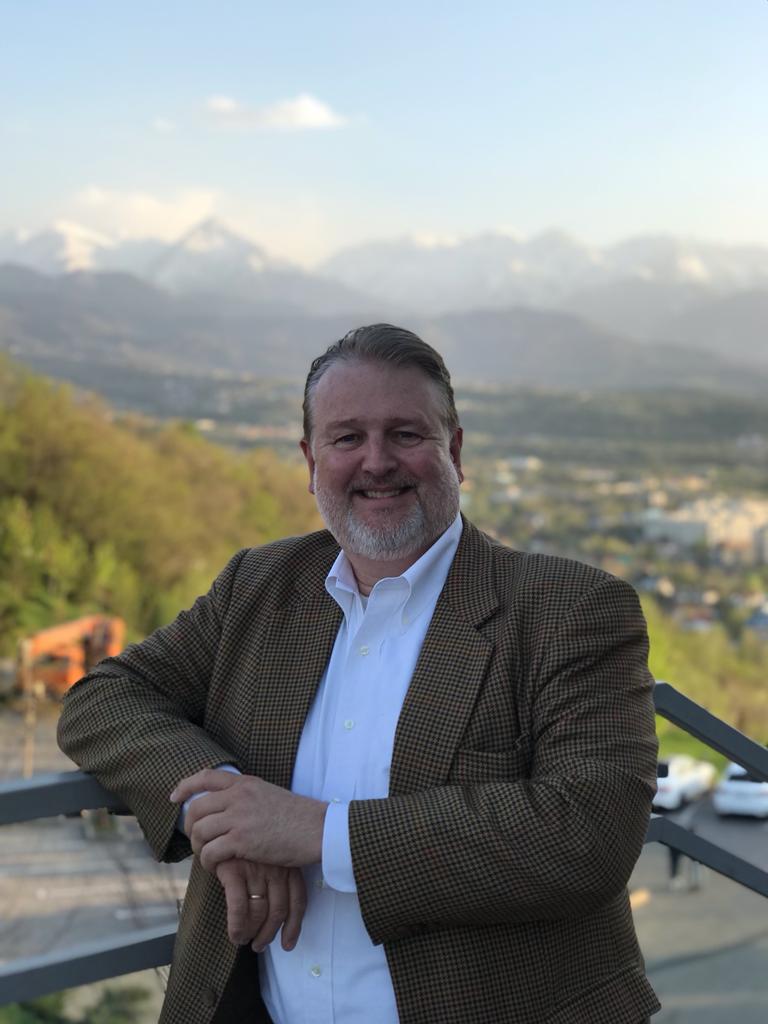
Local friends invited me to visit several times. The table is always filled with delicious delicacies. I think this is inherent in the ancient culture of nomads – to greet guests with food. I haven't been to the wedding yet, but I've already heard that it's a great event and I want to attend it.
From the local cuisine I like pilaf. Tried horse meat steak — it's really tasty. I also love beshbarmak — «et». Recently, at a corporate evening at Almaty Management University, I tried national sweets. I liked it so much that I asked for some for the kids. And the president of the university put a whole plate with him.
I visited Shymbulak, went hiking with a friend to Altai, where I plunged into an icy river. For three days in the mountains I got an unforgettable experience.
About plans
I will continue to develop my center at Almaty Management University. I want to develop educational programs for students to evaluate technology projects at an early stage. The plans include the formation of alliances with technological universities and the creation of centers for the development of competencies in various fields: Edtech, Spacetech, biomedicine, telecommunications.
Angel investors make decisions based on two factors: a unique technology, and a balanced team. I am talking about this based on my experience. Therefore, we are open to work with other educational institutions. I would like to contribute to the creation of start-ups, the team of which has strong specialists from technical universities and representatives of Almaty Management University who would be responsible for business development.









